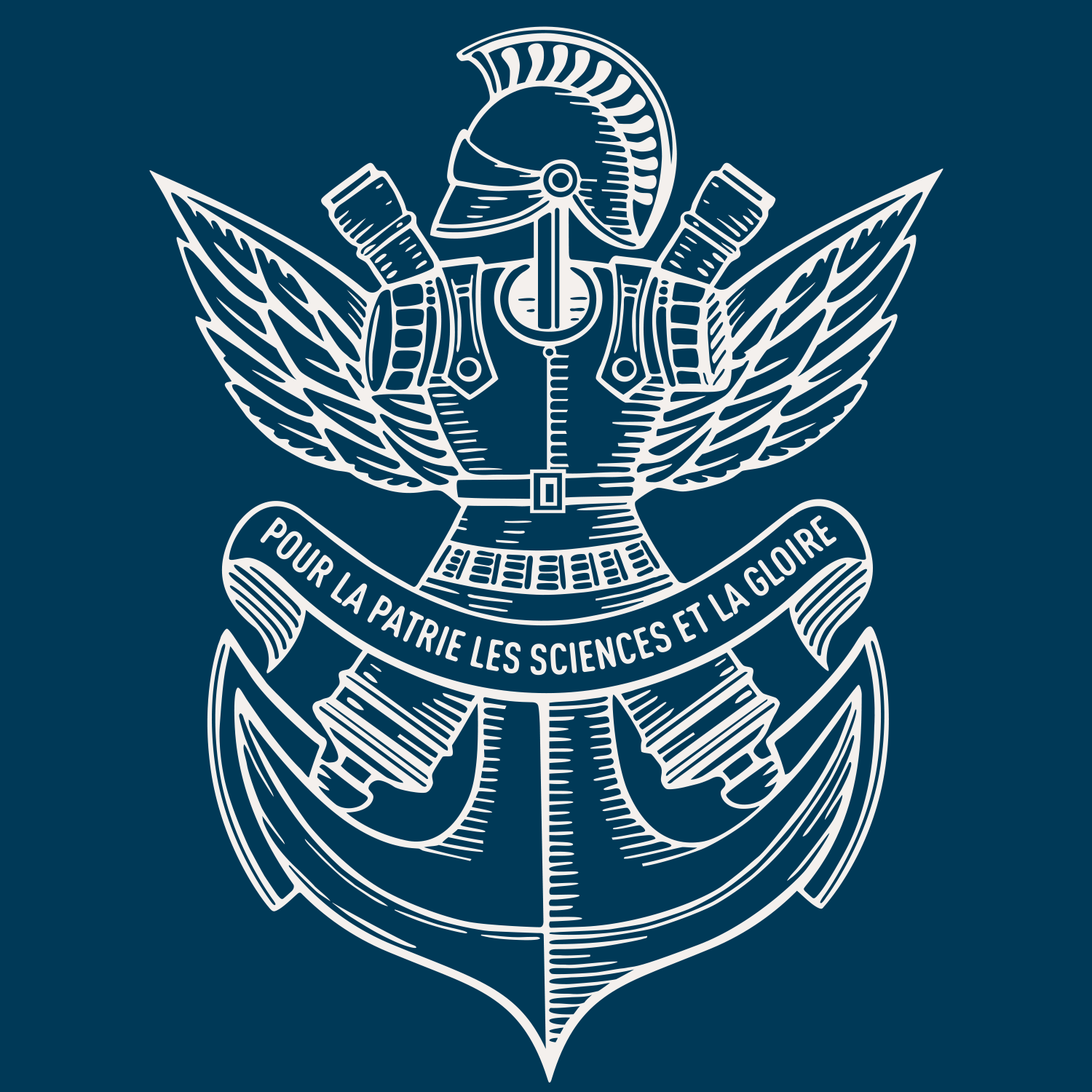The stably stratified Taylor-Couette flow is always unstable except for solid-body rotation
Résumé
The stability of the flow between two concentric cylinders is studied numerically and analytically when the fluid is stably stratified. We show that such flow is unstable when the angular velocity Omega(r) increases along the radial direction, a regime never explored before. The instability is highly non-axisymmetric and involves the resonance of two families of inertia-gravity waves like for the strato-rotational instability. The growth rate is maximum when only the outer cylinder is rotating and goes to zero when Omega(r) is constant. The sufficient condition for linear, inviscid instability derived previously, d Omega(2)/dr < 0, is therefore extended to d Omega(2)/dr not equal 0, meaning that only the regime of solid-body rotation is stable in stratified fluids. A Wentzel-Kramers-Brillouin-Jeffreys (WKBJ) analysis in the inviscid limit, confirmed by the numerical results, shows that the instability occurs only when the Froude number is below a critical value and only for a particular band of azimuthal wavenumbers. It is also demonstrated that the instability originates from a reversal of the radial group velocity of the waves, or equivalently from a wave over-reflection phenomenon. The instability persists in the presence of viscous effects.
Origine : Fichiers éditeurs autorisés sur une archive ouverte
Loading...

